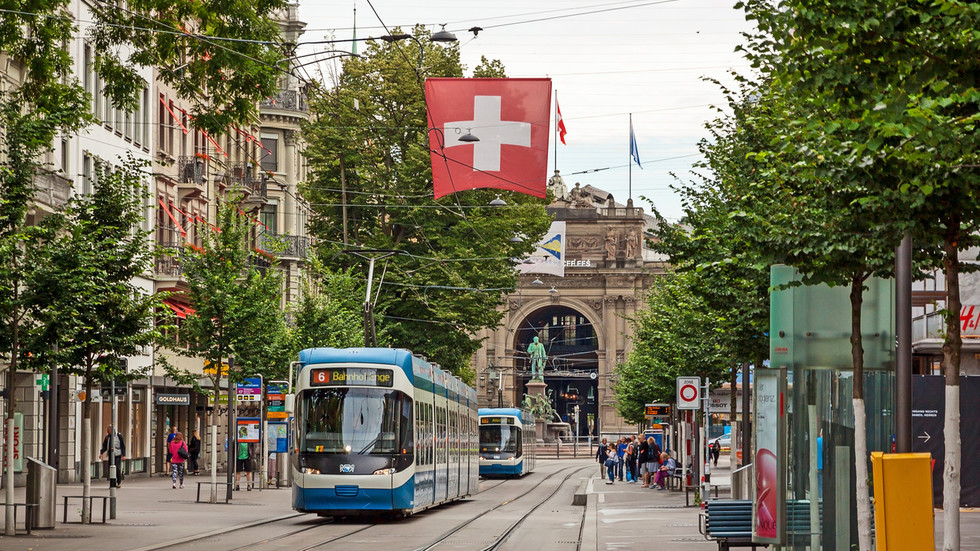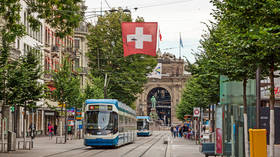
The new restrictive measures target individuals, companies and organizations

© Getty Images / aldorado10
The Swiss government has announced the expansion of its sanctions on Russia, in line with the latest measures passed by the European Union.
According to a statement released by the State Secretariat for Economic Affairs (SECO) on Wednesday, the financial and travel restrictions will target individuals, companies and organizations that “support the illegal deportation of Ukrainian children to Russia.”
Earlier this year, the West accused Russia of “unlawful deportation and transfer” of children from Ukraine. Russian President Vladimir Putin has defended the policy of moving minors from combat zones and rejected accusations that the practice was illegal. According to Russia’s Children’s Rights Commissioner Maria Lvova-Belova, the children were placed in Russian summer camps and resorts at the request of their families.
New Swiss restrictions will also target members of the Russian Armed Forces, leading representatives of state-controlled Russian media, and members of the Wagner Group private military company. The sanctions include asset freezes and a ban on travel to and transit through Switzerland.
Bern’s move follows the EU’s 11th round of anti-Russia sanctions, announced on June 23, as the 27-member bloc has further tightened existing punitive measures and introduced new ones to close loopholes.
READ MORE: Moscow responds to 11th round of EU sanctions
In response, Russia has blacklisted personnel from EU law enforcement agencies, “state and commercial organizations” of member countries, as well as EU citizens “involved in providing military assistance to the neo-Nazi regime in Kiev.” The Russian Foreign Ministry has said unfriendly actions will be met with adequate retaliation.
A non-EU member, Switzerland, which considers itself a neutral state in regards to its foreign policy, first adopted all the sanctions that the European Union had imposed on Russian citizens and companies, including asset freezes, back in 2022. The government justified the move as an “extraordinary situation,” claiming that Swiss neutrality remained intact but “of course we stand on the side of Western values.”
For more stories on economy & finance visit RT’s business section




